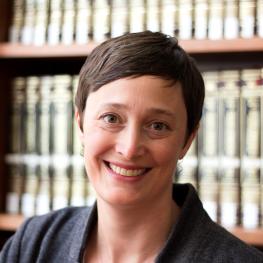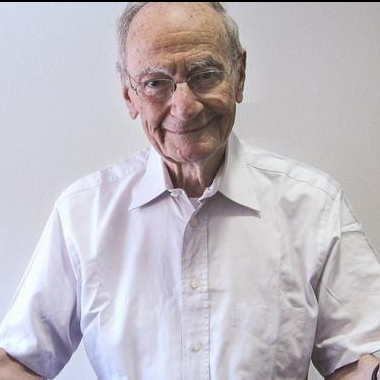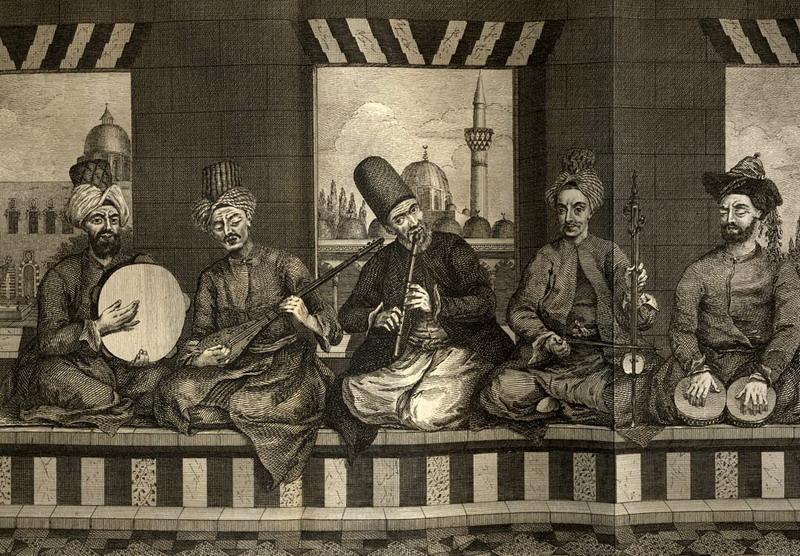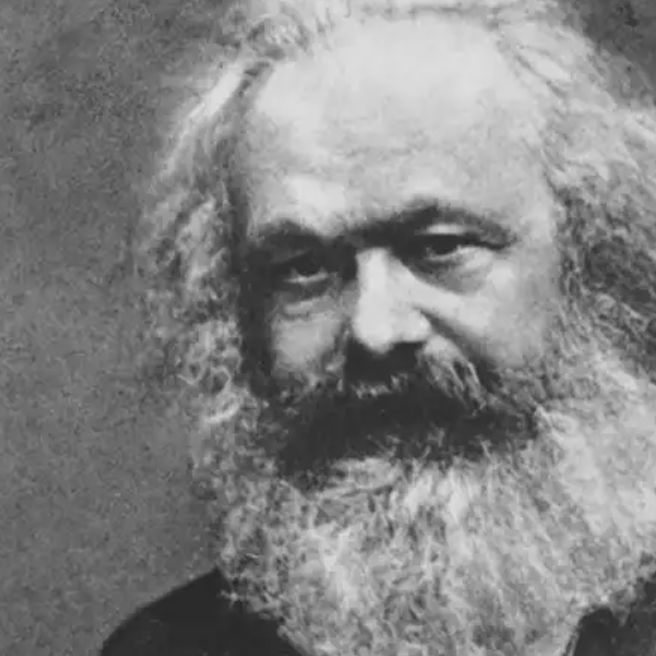JQR Contributor Conversation: Ellie Schainker on the Case of Sura Gener
In the current issue of JQR Ellie Schainker writes about the case of Sura Gener, a childless widow whose predicament became a lightning rod for social and religious debate in late-imperial Russia. In order to remarry, Gener needed her brother-in-law to release her from the requirement of levirate marriage by performing the halakhic ceremony of halitzah, but the man had converted to Christianity and moved away, and he refused to participate. Intense debates took place in court and in the popular press about whether Jewish or Christian authorities could (or should) compel him to free Gener, or whether she could be considered free without the ceremony.
The case raised questions about the religious status of converts and the multiplicity of legal jurisdictions, complicated by new political frontiers and changing social conditions. What was considered lenient or stringent, and who stood for what solution, was not necessarily what you’d expect. Schainker’s essay explores the paradoxical rise and creative development of religious attitudes at a time when standard models of secularization suggest that they should have declined.
To kick off a new contributor conversations series here on the blog, JQR managing editor and blog co-editor Anne Albert asked Schainker a few questions about her essay and its implications.
AA Your essay has a great opening line. When you first came across the hubbub over “Sura Gener’s sexuality,” what did you make of it? Did your first impressions change over time?
ES I first discovered Sura Gener in state archives on the Rabbinic Commission, and I thought her case was just a pawn in the Russian empire’s attempt to streamline the management of Judaism and create a theoretical rabbinic supreme court akin to church hierarchies. Only later did I find the rabbinic responsa and mass press materials, which revealed that apart from the state’s interest in Gener’s sexuality, Jewish society in late imperial Russia was taken with her story and used it to debate actual rabbinic authority. So my impression of the stakes of the debate radically changed over time.
AA On one foot, what is the prevailing narrative of modernization and secularization in Russia? Do scholars generally see the rise of Orthodoxy and secularism as having taken place in a similar way as in Western Europe or elsewhere? How does your microanalysis confront that narrative?
ES The prevailing narrative of imperial Russian Jewry is one of traditionalism or secularization with little attention to dynamics of religious liberalization or religious modes of Jewish acculturation. While the development of Orthodoxy in West and Central Europe is attributed to the rise of Reform, the consolidation of Orthodoxy in Eastern Europe has generally been analyzed as a reaction to Haskalah, understood as educational and linguistic reform more than as reform in the sphere of religion. My discussion inserts debates on religious reform into the development of Orthodoxy in the Russian empire, and it presents a wider spectrum of religious thought, activity, and innovation into conversations about religion and imperial modernization beyond just innovation within Jewish Orthodoxies.
AA As you point out, this is a case of a woman serving as a battlefield in a fight over changing norms in Jewish religion and society in the late nineteenth century—a fight that was presumably fought mainly by men. Is this an example of the more things change, the more they stay the same, or was there something about the particular concerns of the day that caught women like Sura Gener in the crosshairs?
ES Patriarchal control of Gener is definitely a point of continuity within Jewish and Russian imperial society. What is new here and what made her case so explosive was the context of rising rates of abandoned wives in the late nineteenth century, with mass migration and increased incidences of Jewish out-conversions. Gener also deftly maneuvered the various legal regimes of the traditional and state rabbinates as well as civil authorities to overcome her agunah status. While it is not new for Jewish women to use competing legal regimes to overcome their disempowerment in Jewish divorce law, Gener used this strategy at a moment when tensions over the dual rabbinate and religious reforms in the Russian empire were particularly acute.
AA I’m curious about how this project relates to your research in general, both intellectually and pragmatically. Is there material that didn’t make the cut for this particular piece, or was this material cut from some other larger project? Is this the end of the road for you with Sura Gener?
ES It’s the beginning and the end of the road for me since this project relates both to my previous work on conversions from Judaism and to my current work on religious reforms in the Russian empire. I see this piece as a bridge in which I explore how gender and religious law became touchstones in Russian imperial and Jewish debates over reforming Judaism. It also models an approach to religion and modernity that does not presume the weakening or marginalization of religion but rather emphasizes how modernity (here mass media and transport; vernacular public debates; social reform) has enabled people to articulate and experience faith in new ways. This is a starting point for my exploration of religious reforms and nontraditional forms of Judaism in the Russian empire in the half-century leading up to WWI and the Russian Revolution.
Read Schainker’s essay now on Project Muse with institutional access or a private subscription. To subscribe go to jqr.pennpress.org.





